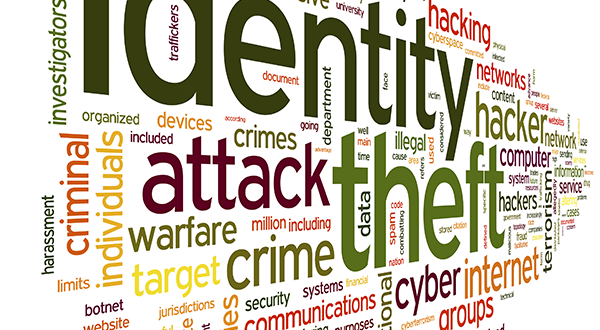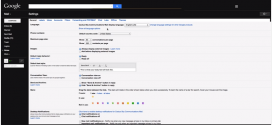There are more than 220,000 public Wi-Fi hotspots in the US. Through these networks, hackers can easily intercept information like your name, address and even credit card numbers. This is especially dangerous this time of the year as many people leave on vacation. 9 million people fall victim to identity theft every year. Public Wi-Fi is unsecured. When using free Wi-Fi take into consideration that everything you do is visible to anyone else using the same network. The chance of your personal information getting hacked far exceeds the chance of your home getting burglarized.
Many hackers will set up fake hot spots which look like legitimate Wi-Fi networks. Users are connecting to these networks are actually connecting to a â??rogue access point.â? Users are directed to legitimate-looking websites that asks for information such as credit card numbers. If you are prompted to reenter your username and password or if the web browser suddenly says the security certificate is invalid, you may be connected to a rogue access point.
Peter "WebDoc" Martin
Latest posts by Peter "WebDoc" Martin (see all)
- The Yelp Check In Feature - February 22, 2019
- Climbing - September 29, 2015
- Still on the Zip Line - September 29, 2015
 TheWebDoc.tv A Breakdown of the Do's and Don'ts of Websites to Companies to Ensure their Websites are Working for them. Providing ongoing advice for the latest technology and marketing tools out there.
TheWebDoc.tv A Breakdown of the Do's and Don'ts of Websites to Companies to Ensure their Websites are Working for them. Providing ongoing advice for the latest technology and marketing tools out there.











